Of such importance is the Sabbath-day to God that He made its observance the emblem of man’s sanctification and evidence of their true loyalty to Him. Moses says to the people of Israel, “Wherefore the children of Israel shall keep the Sabbath, to observe the Sabbath throughout their generations, for a perpetual covenant, it is a sign between me and the children of Israel forever: for in six days the Lord made heaven and earth, and on the seventh day He rested, and was refreshed” (Exodus 31:16,17).
It wasn’t until the supposed conversion to Christianity of Roman Emperor Constantine, that the practice of Sunday keeping came into the Christian church. With Constantine’s supposed conversion, the amalgamation of corrupt pagan practices with the pure religion of Jesus Christ was established. Not only were the religions of paganism and Christianity joined together; but also the state was joined to the now corrupt faith. Constantine, as head of the Roman state, also became head of the newly amalgamated religion. He took upon himself the title of Pontiff Maximus, supreme pontiff. Thus, Constantine, by definition, became the first pope of Rome. This title, along with the many other pagan practices, were adapted directly or indirectly from the ancient mystery religion of Babylon.
As a result of these and other similar actions, the true Christian faith started on its downward slide into apostasy. Historian William D. Kileen writes, “Rites and ceremonies, of which Paul nor Peter never heard, crept silently into use, and then claimed the rank of divine institutions. Church officers for whom the primitive disciples could have found no place, and titles which to them would have been altogether unintelligible, began to challenge attention and to be named apostolic” (The Ancient Church, page 26).
Constantine’s rest day (Sunday) decree reads thus,” On the venerable day of the sun (the sacred day) let the magistrates and people residing in the cities rest, and let all the workshops be closed. In the country, however, persons engaged in agriculture may freely and lawfully continue their pursuits; because it often happens that another day is not suitable for grain sowing or for vine planting; lest by neglecting the proper moment for such operations the bounty of heaven should be lost- Given the 7th day of March AD 321. (Codex Justinianus-The first Sunday Law of Constantine I). This decree, which possesses no sanction of the Christian religion, was progressively strengthened by later decrees passed in subsequent church councils in 343AD, 578AD and onward. Noted historian Arthur Weigall enlightens us, “The church made a sacred day of Sunday… largely because it was the weekly festival of the sun; for it was a definite Christian policy to take over the pagan festivals endeared to the people by tradition and give them Christian significance” (The Paganism in Our Christianity, page 145). Walter Woodburn Hyde, another renowned historian, writes of this apostasy: “Remains of the struggle between the religion of Christianity and the religion of Mithraism are found in two institutions adopted from its rival by Christianity in the fourth century, the two Mithraic sacred days: December 25 “Dies natalis solis” (birthday of the sun) as the birthday of Jesus; and Sunday, the venerable day of the sun, as Constantine called it in his edict of 321 AD” (Paganism to Christianity in the Roman Empire, page 60).
Constantine, claiming to accept the Christian religion, amalgamated his pagan, sun-worshiping practices with the pure religion of Christ and aligned it with the powers of the state. His act was the beginnings of the organization which has grown into what is known today as the Roman Catholic church. Here is what that organization, also referred to as the Papacy, says about the attempted change from the God’s Sabbath, the seventh day, to Sunday, the first day, the day of the sun. Sunday keeping Christians need to pay close attention.
“Sunday is a Catholic institution, and its claims to observance can be defended only on Catholic principles…From beginning to end of Scripture there is not a single passage that warrants the transfer of weekly public worship from the last day of the week to the first” (The Catholic Press, August 1900).
“Protestantism, in discarding the authority of the (Catholic) Church, has no good reasons for its Sunday theory, and ought logically to keep Saturday as the Sabbath”(American Catholic Quarterly Review, John Gilmar Shea, January 1883.)
“It is well to remind the Presbyterians, Baptists, Methodists, and all other Christians, that the Bible does not support them anywhere in their observance of Sunday. Sunday is an institution of the Roman Catholic Church, and those who observe the day observe a commandment of the Catholic Church” (Elizabeth, N.J. News, March 18, 1903).
Question: “ Have you any other way of proving that the (Catholic) Church has power to institute festivals or precepts (to command holy days)?”
Answer: “ Had she not such power, she could not have done that in which all modern religionists agree with her: She could not have substituted the observance of Sunday the first day of the week, for the observance of Saturday the seventh day, a change for which there is no Scriptural authority ” (A Doctrinal Catechism, Stephen Keenan, page 176).
It has been said that knowledge of the truth about anything produces the freedom from its bondage. God’s Sabbath Truth is being shared with you to free you from the bondage from man’s tradition of Sunday sacredness.
As the movement for Sunday sacredness becomes more intense and obligatory, each would have a choice to make…either for the God of Creation or the man of sin. May your commitment be like the fisherman and his friends of Galilee: “Then Peter and the other apostles answered and said, We ought to obey God rather than men (Acts 5:29).

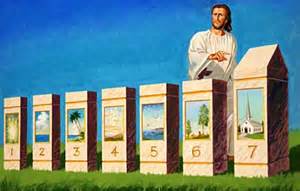
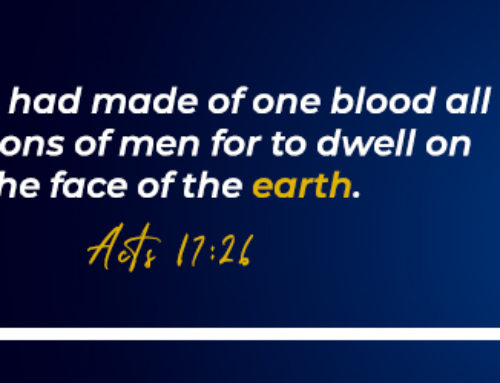


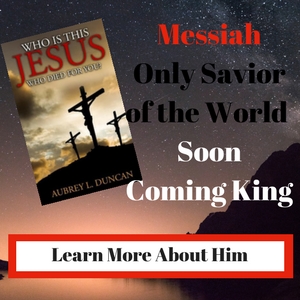
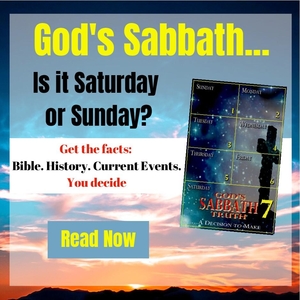
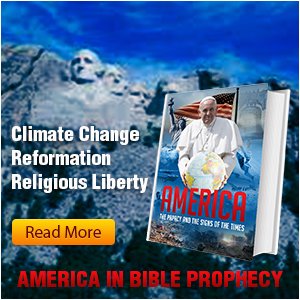
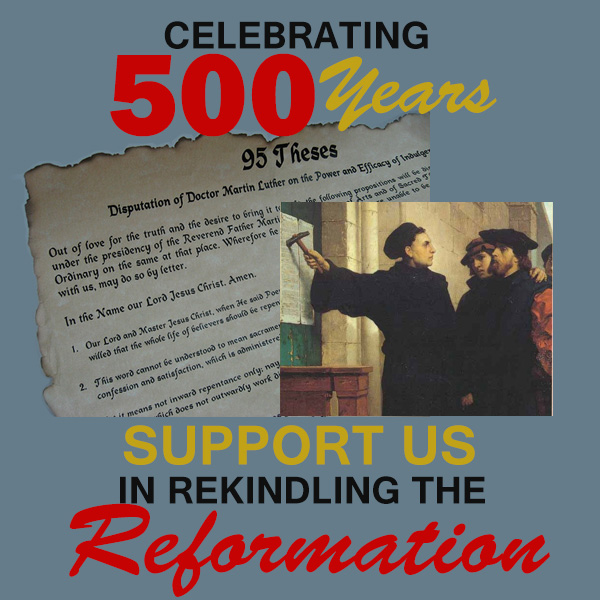
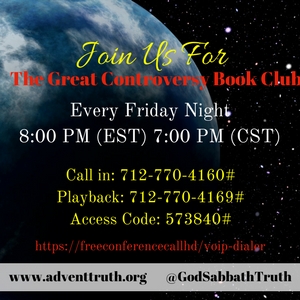
I think I love this one the best.
The Bible says, ‘Remember the Sabbath day to keep it holy.’ The Catholic Church says: ‘No. By my divine power I abolish the Sabbath day and command you to keep holy the first day of the week.’ And lo! The entire civilized world bows down in a reverent obedience to the command of the holy Catholic Church.” father T. Enright, C.S.S.R. of the Redemptoral College, Kansas City, in a lecture at Hartford, Kansas, February 18, 1884, printed in History
Ahhhh Yes the WHOLE WORLD BOWS in obedience. How True!!!!
Thanks for your comment, Marc.
Help share the Truth http://bit.ly/11B4b7x